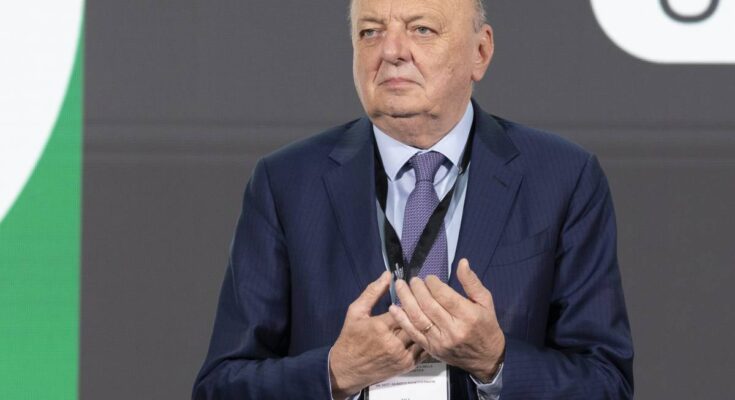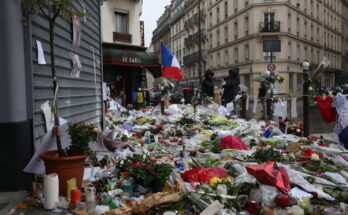COP30, the United Nations Conference on Climate Change, opened today in Belém, Brazil, where the international community met to discuss policies to be adopted to reduce emissions and measures to support the environment. This Brazilian edition risks not only being undervalued, but also a summit that could legitimize a global abandonment of environmental commitments given the speed with which green issues have gone from being central on the political agenda of Western leaders to secondary. The Sharm el-Sheikh Summit in Egypt in 2022 or Dubai in 2023 seem like a distant memory as the world’s most influential people rush to attend the UN Climate Conference, competing with those announcing more ambitious climate goals to achieve.
However, in just a few years, the global geopolitical context has changed greatly, both due to new wars and events such as the election of Donald Trump as president of the United States. At the start of the year, Trump announced the US withdrawal from the Paris Climate Agreement while White House officials made it clear that “the US will not send high-level representatives to COP30. The President is speaking directly with leaders around the world on energy issues, which can be seen in historic trade and peace agreements that have a significant focus on energy partnerships”.
This means that the leaders of the world’s two largest emitting countries, China and the United States, which account for 29% and 11% of global emissions respectively, will not be present in Brazil. The same applies to Indian Prime Minister Narendra Modi and Russian President Vladimir Putin. Giorgia Meloni will also not participate in this year’s summit, attended by deputy prime minister and foreign minister Antonio Tajani, explaining: “We have committed to our Climate Fund more than 4 billion euros, which we directed in particular to projects in Africa.”
Also reflecting on this situation was Minister of Environment and Energy Security Gilberto Pichetto Fratin who stated: “The current geopolitical framework, characterized by new wars and conflicts between countries, risks slowing down the processes and agreements made at previous climate conferences.” Pichetto Fratin later admitted: “Expectations were not very high because the global balance has changed a lot in recent years, with conflicts in various fields and obstacles created. Even the withdrawal of the United States from the Paris Agreement affected the negotiating climate. It is a difficult step, but we must keep moving forward.”
Finally, commenting on the climate agreement reached by the European Union in recent days, the minister explained: “Europe is finally starting to make up its own mind, thinking about what can really be achieved. We cannot afford to be the best in the world if this means paying too high an economic and social cost. For the first time it is recognized that different countries, such as Italy and Luxembourg, cannot have the same rules: greater flexibility is needed.”
If you think about it, this edition of Cop30 can be remembered as the edition where Europe finally opened its eyes to realize that we cannot be the only ones bearing the consequences of climate commitments.



